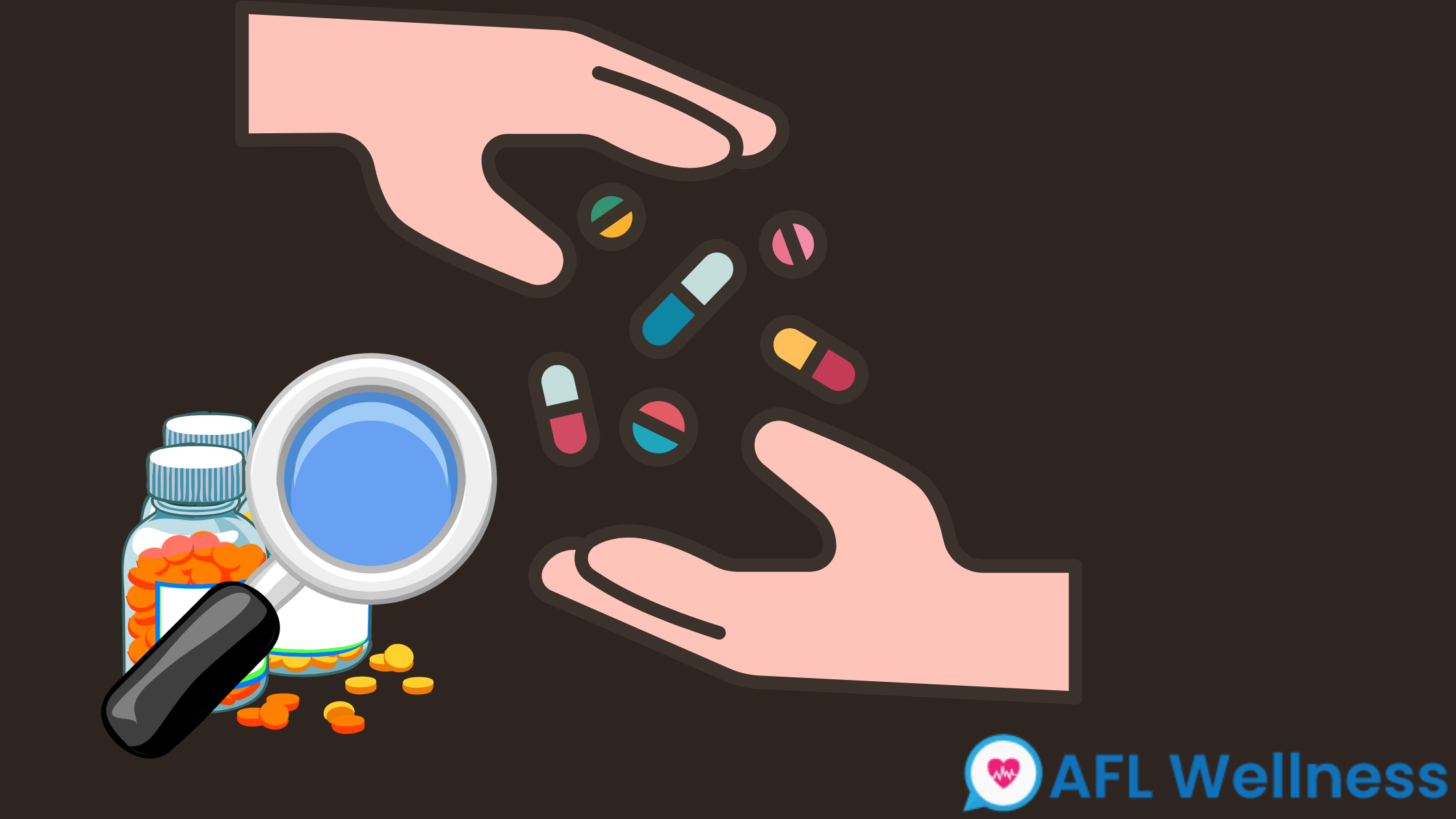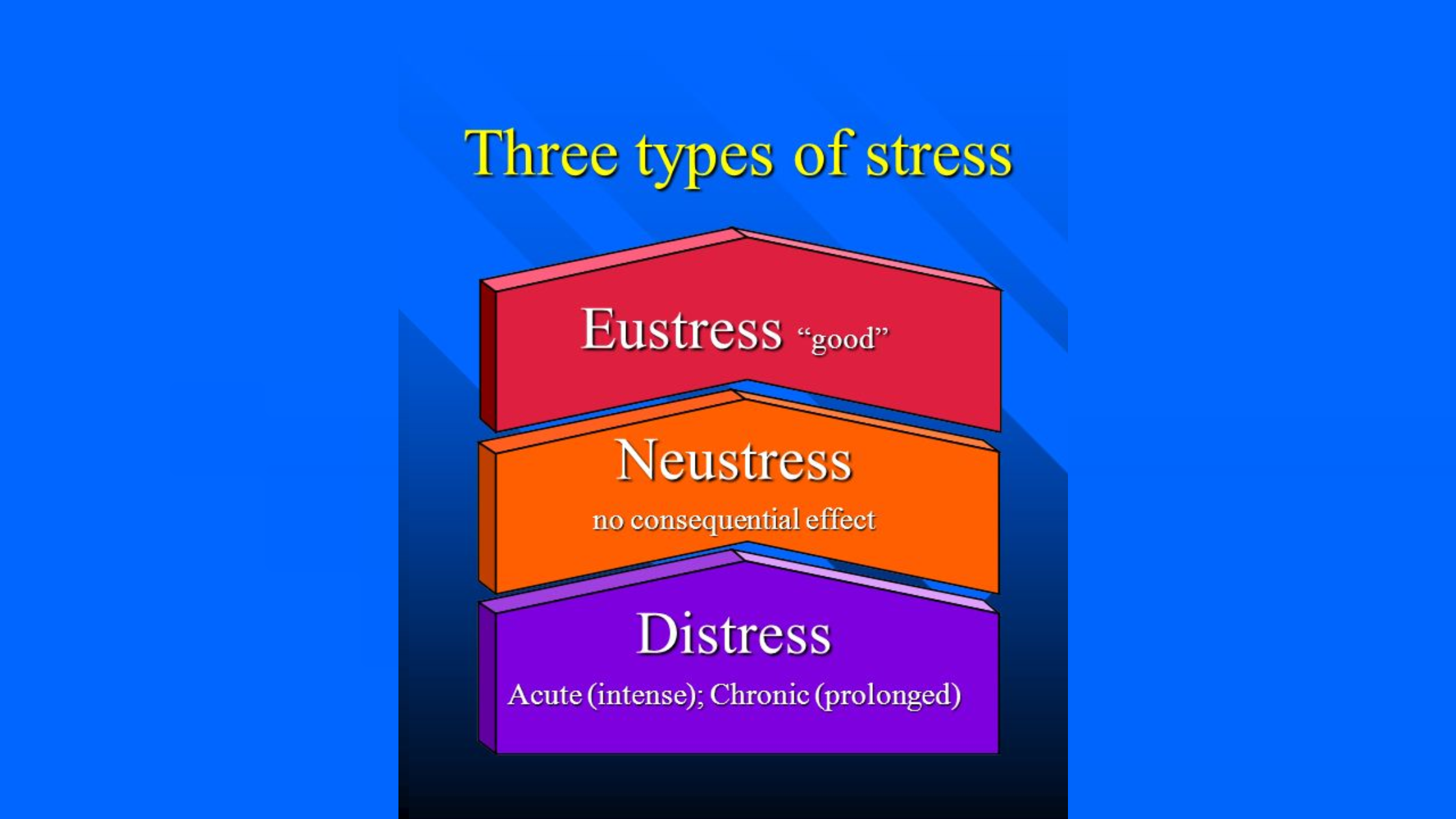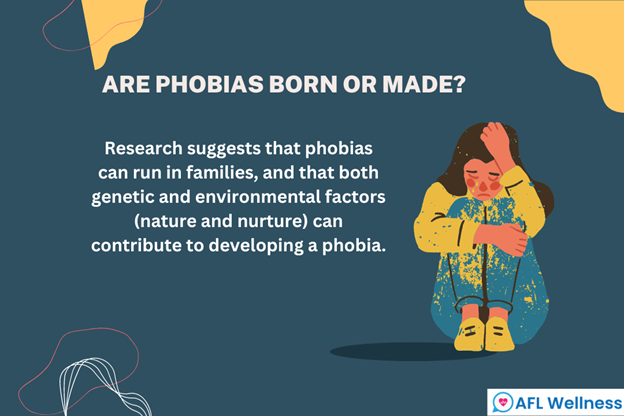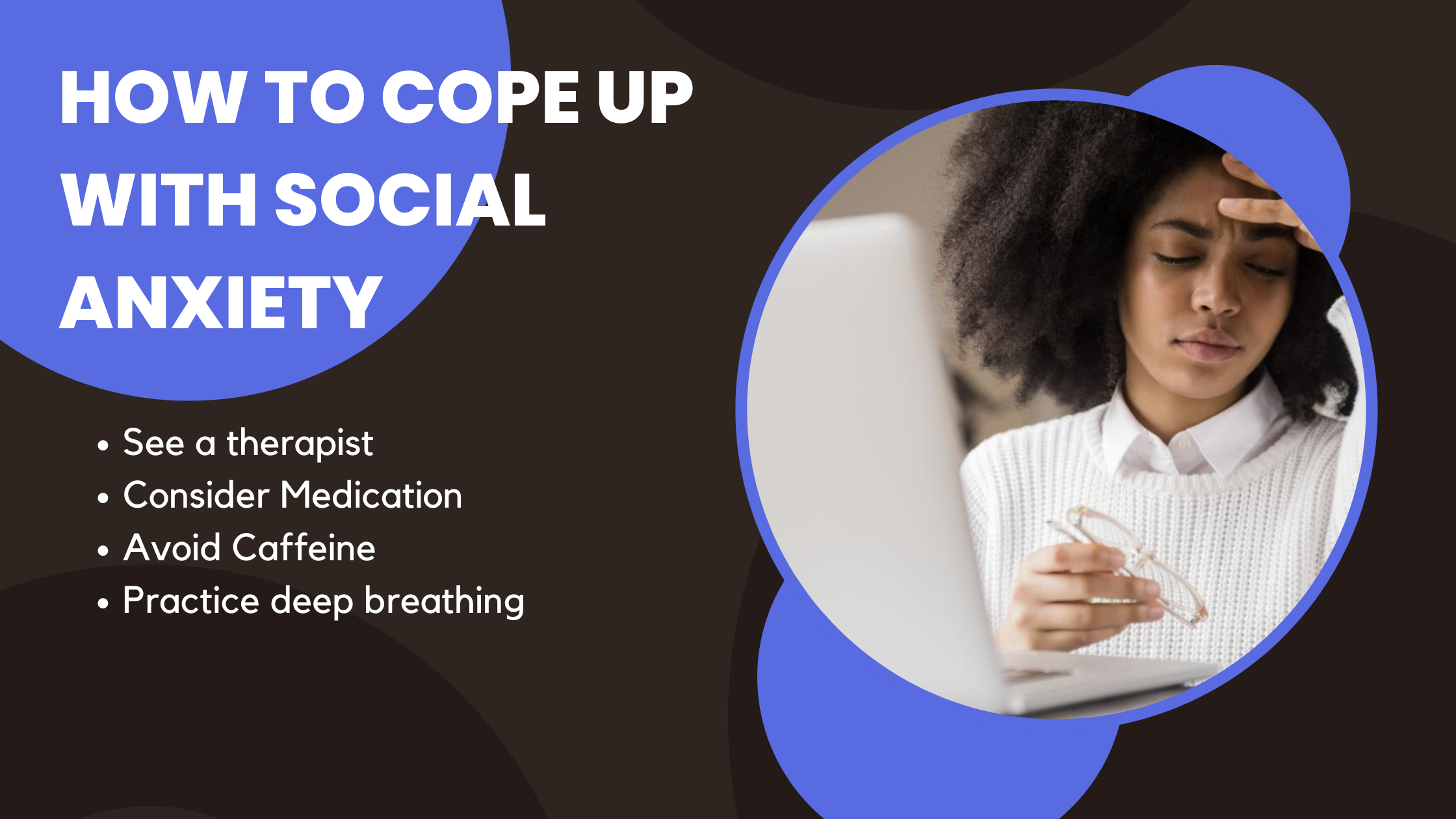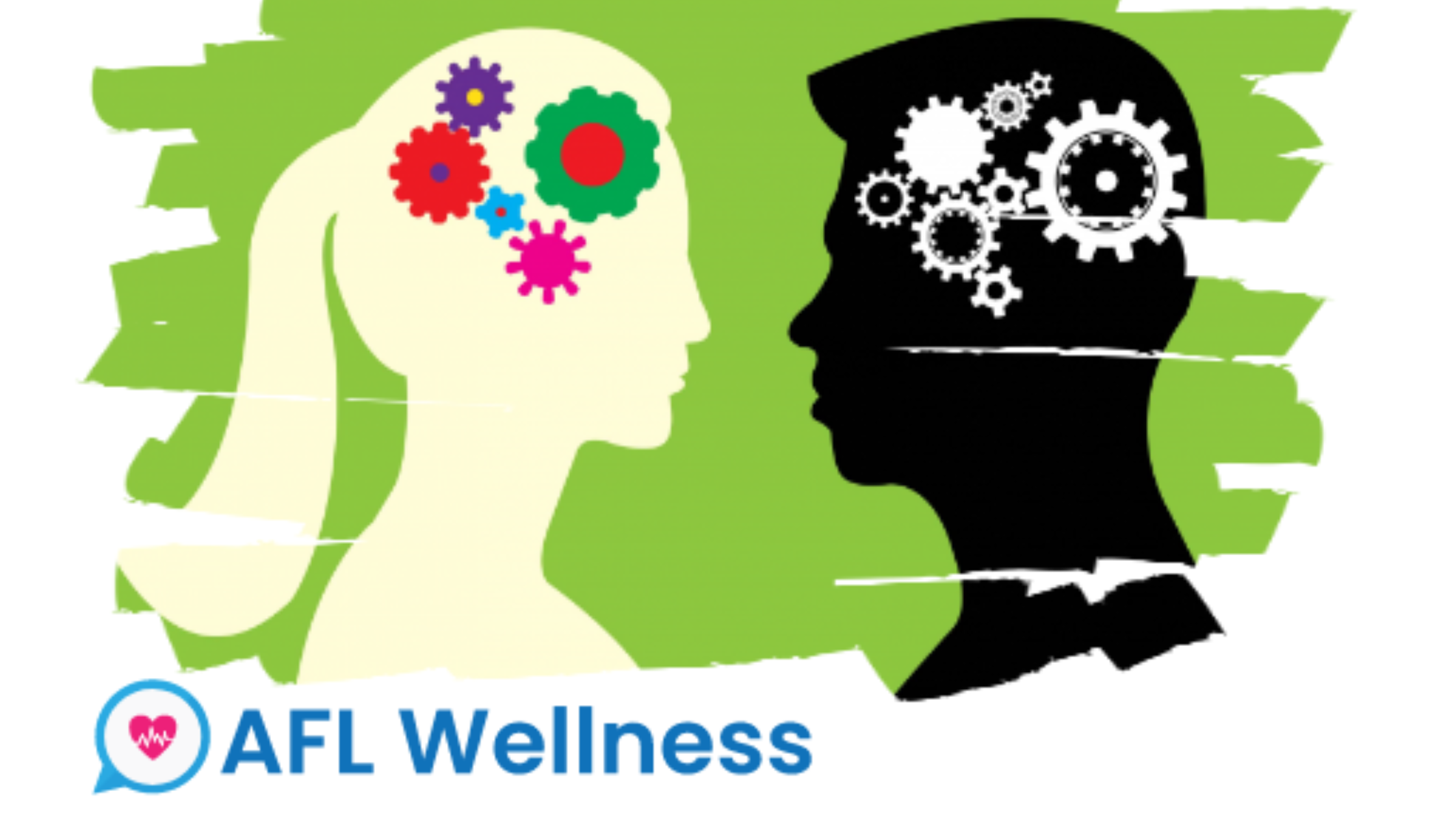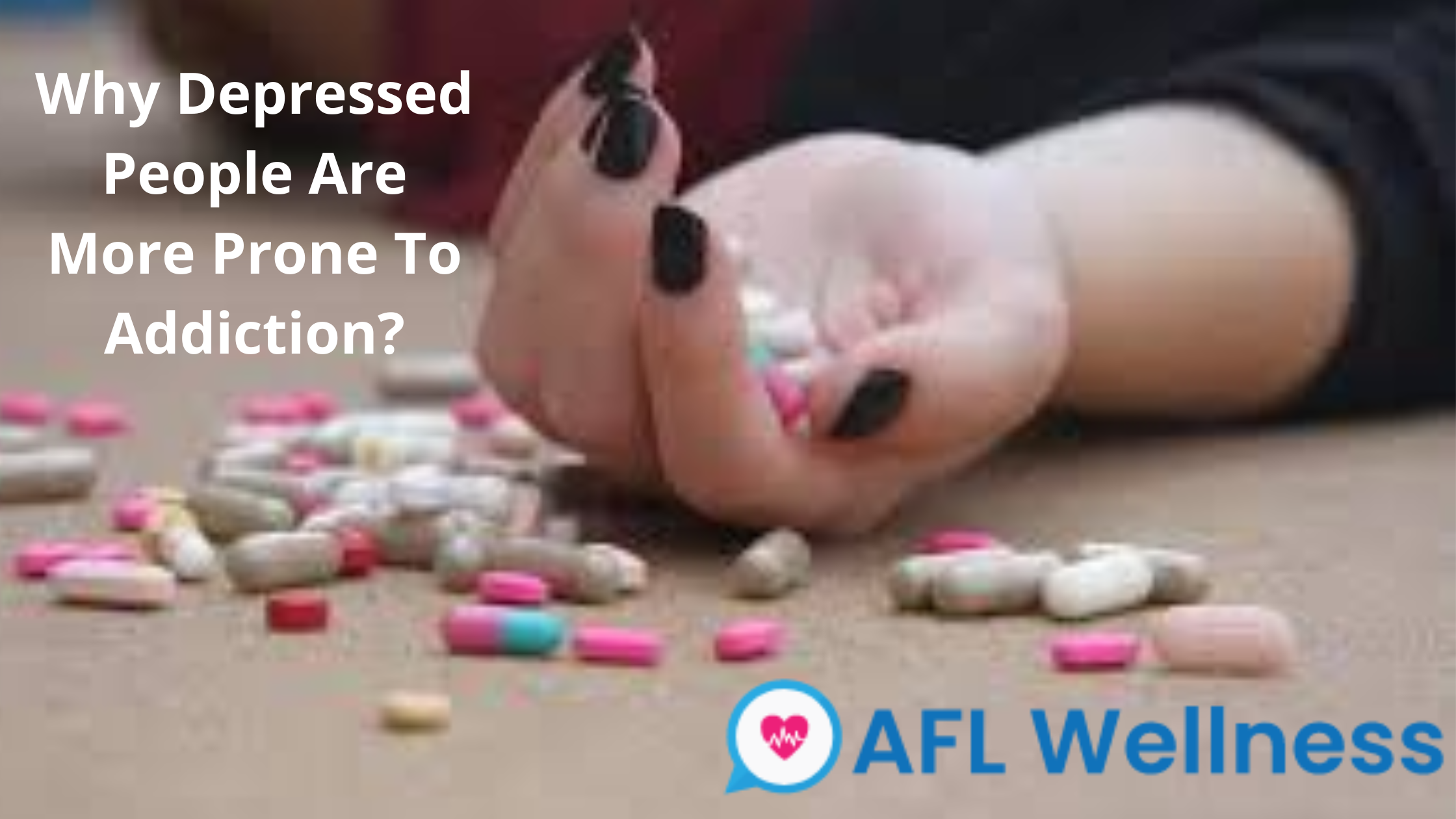
April 25, 2024
Addiction And Mental Health
Are you struggling with co-occurring diseases? Learn how to challenge drug addiction when you are also struggling with depression, anxiety, and other psychotic problems.
When you are suffering from both drug misuse issues and mental health issues such as depression, anxiety, and bipolar disorder, it is called co-occurring disorders. Dealing with substance misuse, alcohol, and drug addiction is never stress-free, and it is even harder when you are dealing with psychotic issues.
In co-occurring disorders, both mental health and addiction to drugs have exclusive indications that might get in the way of the capability to perform personally and professionally, control stabilized routine life, and regulate life’s threats about others. To make the circumstances more complex, the co-occurring disorders also affect personally. Whenever a mental well-being issue goes unprocessed, the drug addiction issue generally gets poorer. And when alcohol and drug abuse increases, mental health issues frequently increase.
The co-occurring drug abuse problems and mental health issues are more common than various individuals realize. As per the report published by the American Journal of Medical Association around 50% of individuals with simple psychological disorders are exaggerated from substance misuse. Of all the individuals that are identified as emotionally sick, around 29% misuse alcohol and drugs.
When mental health issues are left unmanaged, drug abuse commences, through constant repetition of bad times and trauma, and when is not treated at the correct time, addiction becomes support at the darkest times. Mental health issues are one of the biggest risk factors for addiction and vice-versa.
However, as addiction impairs normal physiological functioning of the brain, it is more probable to cause the depressive condition of mood or condition of mental health and addiction.
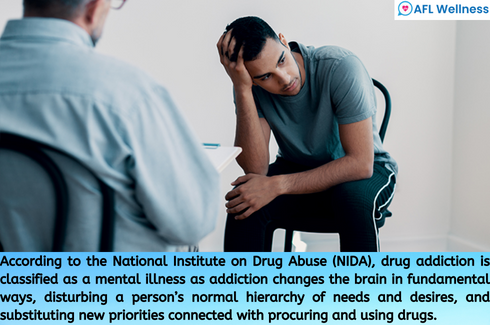
How Drug Addiction Works And Influences Wellbeing
Social Impact: altered personality, enhanced irritability, and anxious behavior due to lack of control with an ability to stay away from the drug. Minimized social behavior such as breaking promises and ignoring connections and disregarding risk factors including sharing needles is one of the ways addiction works and influences individuals.
Emotional influence: increased paranoia and suspicion are situations where an individual becomes suspicious about another person that they are talking about something behind their back; feeling of paranoia can be an indication or symptom of a psychotic condition such as psychosis or untreated schizophrenia that is part of mental health and addiction.
Mental influence: increased incidences of unwanted trigger points variable among individuals. There are various forms of triggers for mental health and addiction. Stress is one of the normal causes of depression. We can feel helpless or out of control if we are excited and this causes the progression of mental health issues.
Physical influence: inadequate physical growth and poor financial status lead to some individuals to become relentless about the changes in their routine, losing track of time, inadequate sanitation and not being able to take showers and inability to communicate are some of the common symptoms of addiction that are confronted by the patients. Additionally, influences the overall personality of the individual of mental health and addiction.
Factors Influencing Children Of Addicts
Drug addiction in a family is a consequence of three major factors including the impact of pathological families on young children's behavior, easy accessibility to drugs, and influences group of individuals of similar age. The major factors of drug addiction that influence children of addicts include family environment, the strength of family ties, the intellect of family happiness, and alcoholism. Families that have love and trust, children there hardly consume drugs. The drug addicts come from families where there are hard feelings and aggression. The drug addict families have weaker family relations in comparison to those not taking drugs.
Patients with mental health issues mainly occur due to triggers. The common mental health conditions are found relevant to the issues of addiction including depression, bipolar disorder, and other related drug-use tendencies.
Patients with mental health issues must be treated with de-addiction treatment and counseling rather than convicted for their crimes. Society is indeed mostly ignorant in comparison to being supportive of the same.
The therapy for addiction treatment should be kept routine of the individuals suffering from the disease.
For any assistance in mental health issues, Call us today at +91 93101 49912 or email us at help@aflwellness.com for seeking assistance for all mental illnesses through drug treatment addiction.
